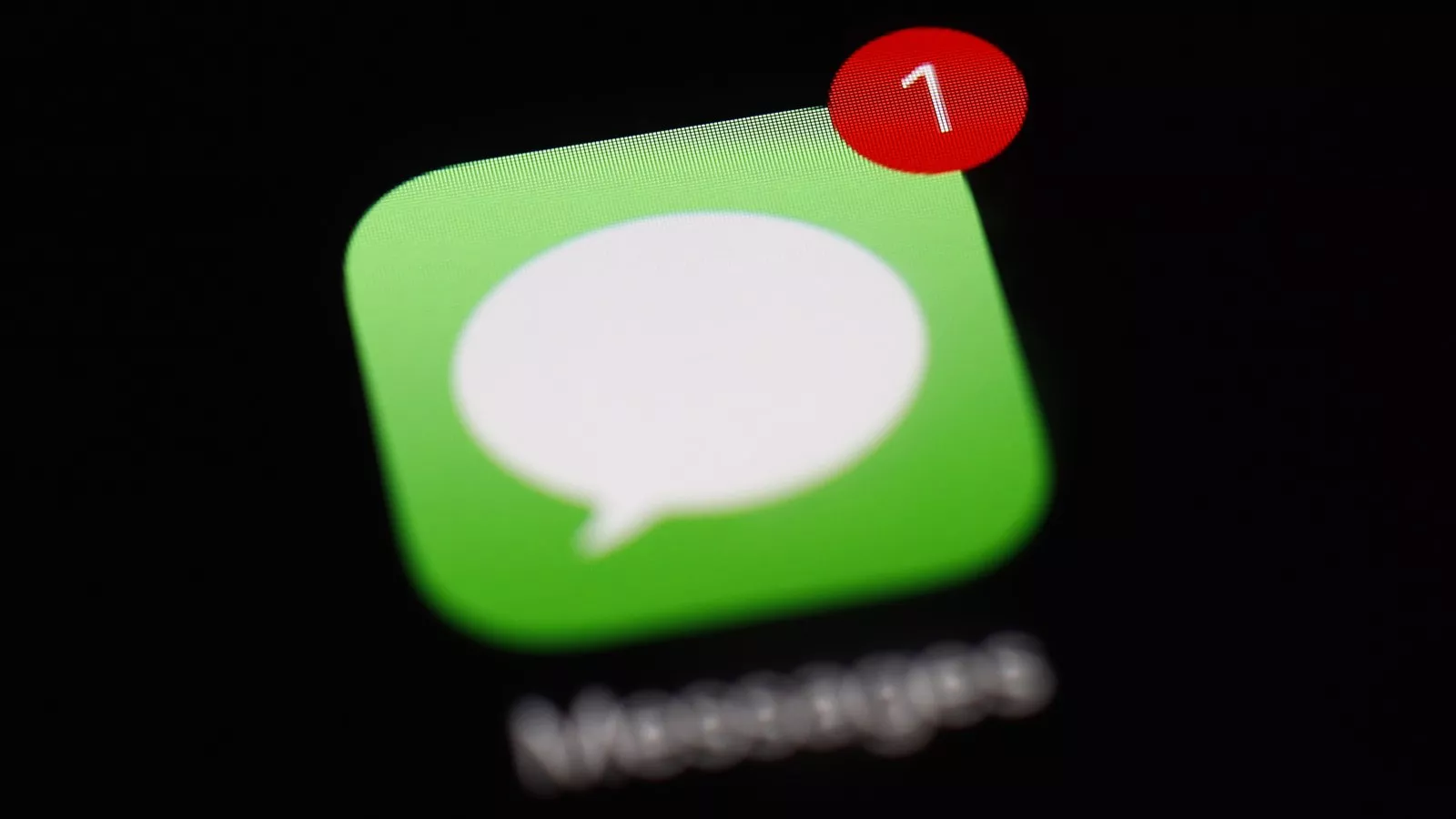
Did You Receive an Apple Approval Notice Scam Text? Here's What To Do
- 25.03.2025 13:56
- newsweek.com
- Keywords: Apple, FTC
iPhone users have received scam texts claiming their Apple ID was used in unauthorized transactions. These messages include links to fake websites designed to steal personal information. Recipients are advised to avoid clicking links, report scams via 7726, and reset passwords if suspicious activity is detected.